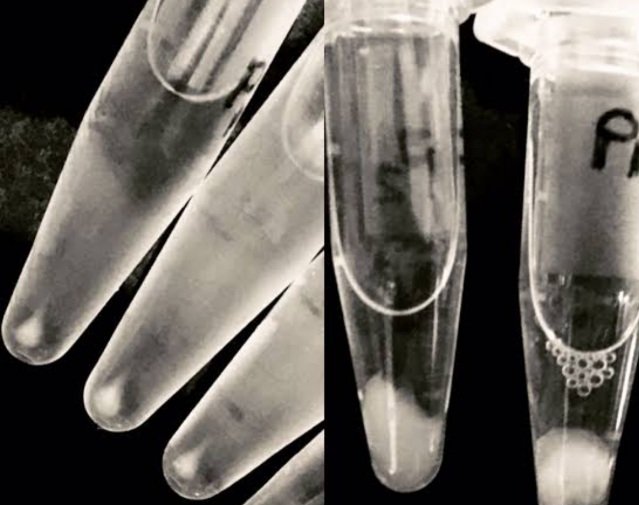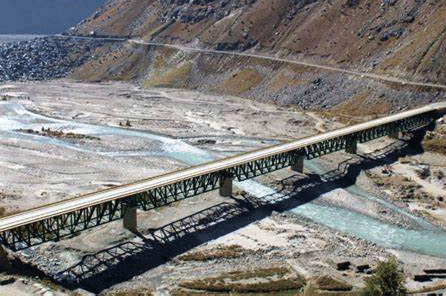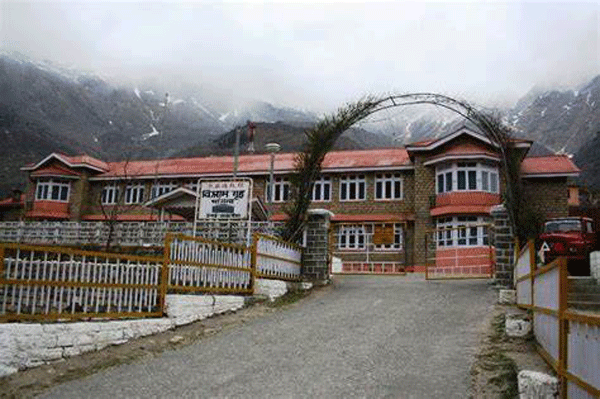
First in India: Himachal Pradesh creates DNA database for Unidentified Bodies
Shimla, April 17
Shimla, April 17
Himachal Pradesh has made history by becoming the first state to create a DNA database of unidentified bodies, according to an official announcement on Monday. The process began in April last year, and the database currently holds records of 150 DNA samples from unidentified bodies. This initiative is expected to help families searching for their loved ones, who may have gone missing, by identifying bodies and providing closure. Vivek Sahajpal, Assistant Director (DNA), Directorate of Forensics Services, Junga, stated that the DNA samples of the relatives would be matched with the data samples stored in DNA profiling database, providing accurate information.
Also read: HP police trace 214 missing persons in drive
Apart from identifying bodies, this DNA database will also be an important tool for investigating heinous crimes, identifying disaster victims, missing persons, and repeat offenders. According to police records, more than 100 bodies are recovered in different parts of the state every year, and they remain unidentified due to a lack of documents or identifiable articles. Identifying these bodies will help family members perform the last rites of the deceased and aid in apprehending the criminals responsible for their deaths.
Sanjay Kundu, Director General of Police, Himachal Pradesh, had requested the Unique Identification Authority of India (UIDAI) to work out a mechanism to grant limited access to Aadhaar data for the purpose of identifying unidentified bodies. By scanning biometrics of unidentified bodies and processing them with the Aadhaar portal pre-existing biometric details, the bodies could be identified if limited access to Aadhaar data is provided, he stated.
The Directorate of Forensics Services, Junga procured DNA profile databasing and matching technology (Smallpond TM software from USA) at a cost of Rs 55 lakh last year, and the database is being prepared. Vivek Sahajpal stated that this facility enables the creation and maintenance of a private, local database of DNA profile information, which can efficiently match new DNA profiles with existing ones. The State forensic science laboratory, Junga, was the first lab in India to acquire this technology, and it is at par with international standards.
Earlier, AIIMS Delhi, in collaboration with the Indian Council of Medical Research (ICMR), had launched a pilot project called UMID (unidentified bodies and missing persons’ identification and DNA database) and created a database of over 400 unidentified/missing persons.

The HimachalScape Bureau comprises seasoned journalists from Himachal Pradesh with over 25 years of experience in leading media conglomerates such as The Times of India and United News of India. Known for their in-depth regional insights, the team brings credible, research-driven, and balanced reportage on Himachal’s socio-political and developmental landscape.












